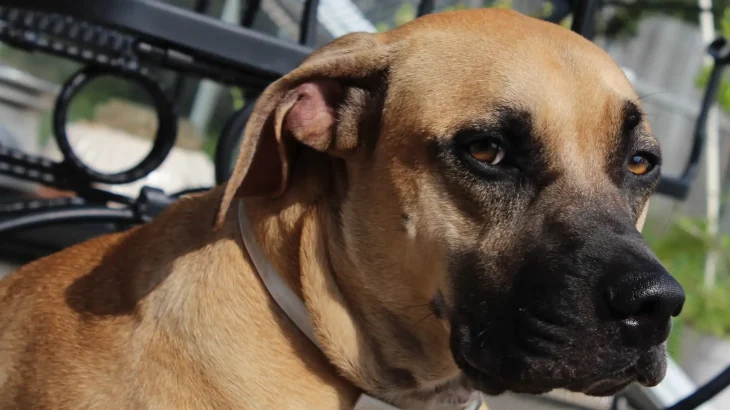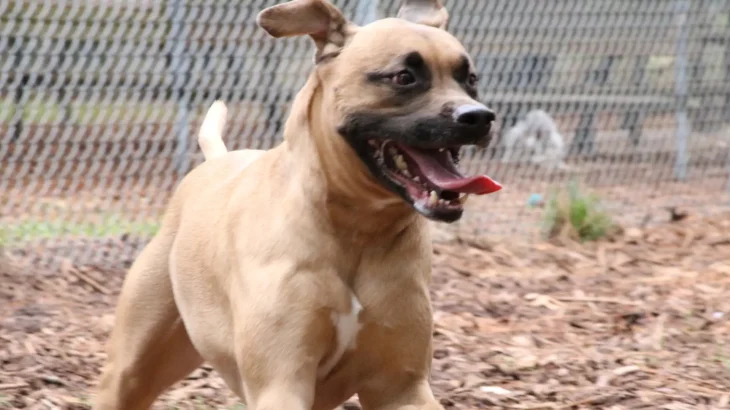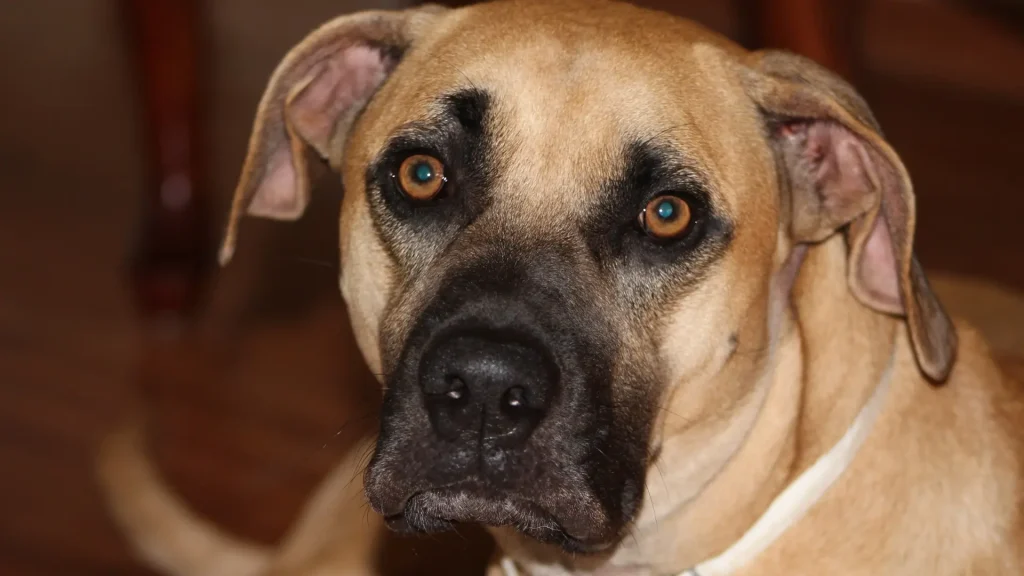Deciding between adopting or buying a Black Mouth Cur puppy depends on your priorities such as health clarity, cost, and ethical considerations. Buying from a reputable breeder can offer detailed insights into the puppy's background, while adoption can give a deserving dog a second chance at a loving home.
Adoption vs. Breeder: Pros & Cons
| Criteria | Buying from Breeder | Adopting from Shelter/Rescue |
|---|---|---|
| Cost | Often higher due to purebred status and breeder expenses. | Generally lower, with adoption fees that often include initial veterinary care. |
| Health History | Breeders usually provide health clearances and genetic screening information. | Health history may be limited or unknown, but shelters conduct basic medical assessments. |
| Age Availability | Usually puppies, allowing you to raise them from birth. | Wide range of ages, including adult dogs ready for new homes. |
| Temperament Insight | Breeders can share lineage traits and early socialization details. | Shelter staff can offer observations on behavior but full history might be unclear. |
| Supporting Practices | Supports ethical breeding programs if breeder is responsible and reputable. | Supports animal welfare by giving homes to dogs in need. |
| Breed Purity & Pedigree | Guaranteed pedigree and breed standards compliance. | May have mixed or unknown lineage without pedigree documentation. |


















































